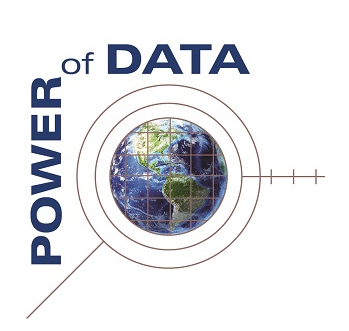Designing the Impact Studio -- Dynamic Visualizations in the Write4Change Networked Community
This project will advance efforts of the Innovative Technology Experiences for Students and Teachers (ITEST) program to better understand and promote practices that increase students' motivations and capacities to pursue careers in fields of science, technology, engineering, or mathematics (STEM) by engaging them in quantitative data analysis to support their own communication skills. The amount and variety of information generated and shared online requires young people to be adept at effectively producing, analyzing, assessing, using, visualizing, and circulating data.
